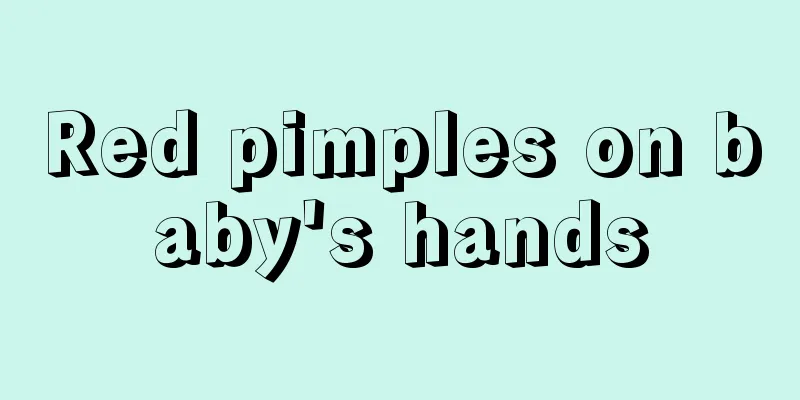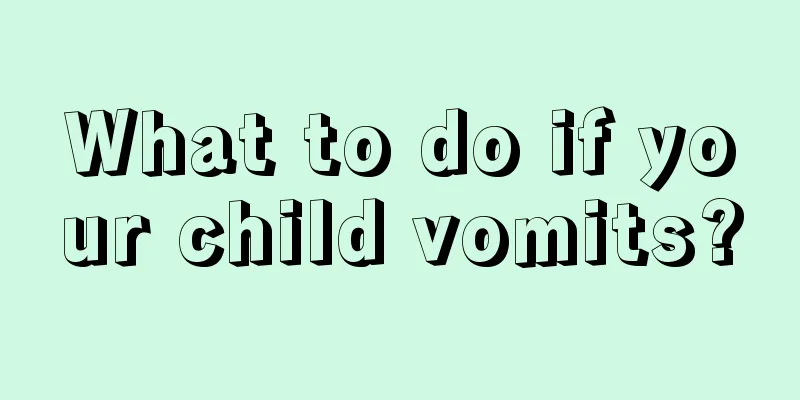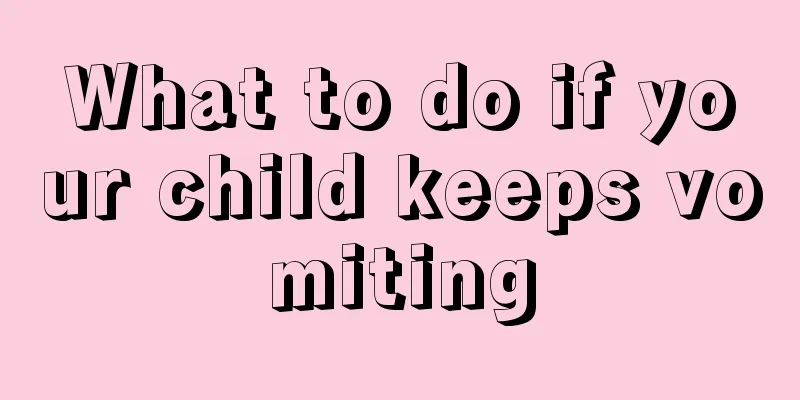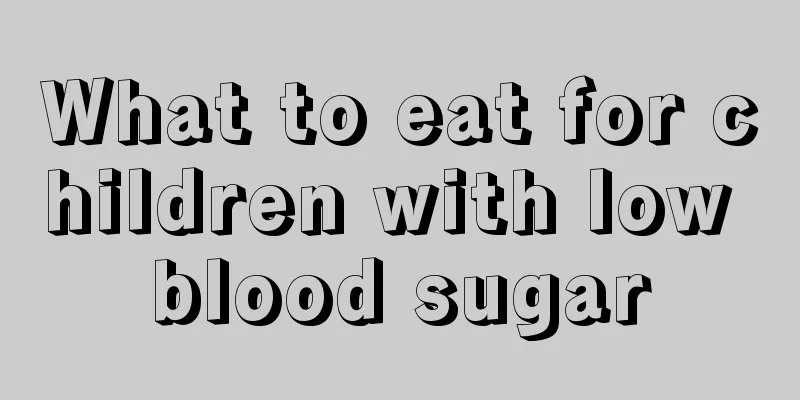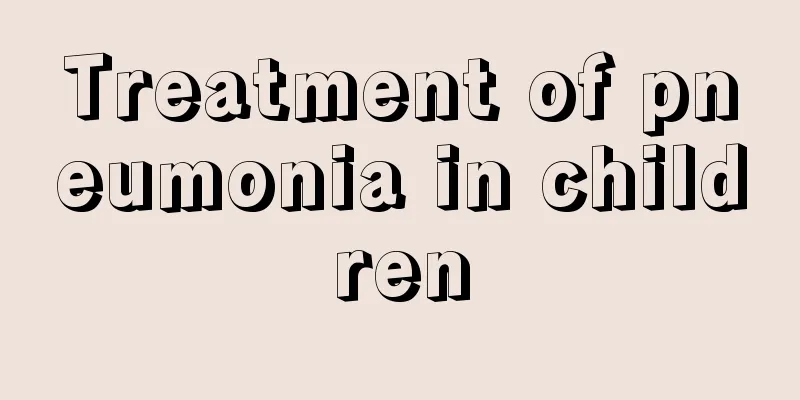What to do if your baby likes to bite your nipple while feeding
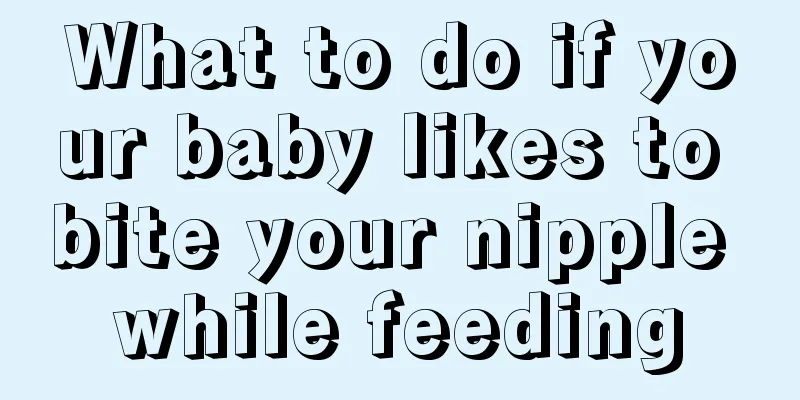
|
I believe many mothers have had this experience: after the child has been breastfed for 4 or 5 months, one day, you are holding the baby in your arms, enjoying the pleasure of feeding comfortably, when suddenly, a piercing pain comes over your nipple, and the baby bites you hard. How should mothers deal with babies biting nipples? 1. Pay attention to your baby's sucking movements Try to stay alert when feeding, and pay attention to whether your baby's sucking movements change when he is half full. Usually when babies suck on the breasts, they will open their mouths wide to cover the entire areola. If the baby slightly loosens his mouth and slides towards the nipple, you should pay attention and change the baby's posture to avoid the nipple being bitten. 2. Help relieve gum pain If your baby bites the nipple because of gum pain and wants to chew something, you can buy him non-toxic teething sticks or teethers to relieve the feeling of swollen gums. Cool teethers, radishes, frozen apple slices, or handkerchiefs can also help soothe your baby's discomfort. If the reason for biting the nipple is that the baby has a cold, you should hold him upright to help him breathe smoothly and relieve discomfort. 3. The feeding environment should be quiet Babies at this stage begin to become easily attracted to the outside world. Therefore, when feeding, it is best to find a quiet and less distracted corner to feed. In this way, the baby can be prevented from being attracted by the external environment and suddenly turning his head to pull the nipple, otherwise the mother's nipple will be easily injured. 4. Blocked nose If your baby is about to bite your nipple, you can gently move his head closer to your breast and gently block his nose. In this way, the baby will instinctively open his mouth to breathe. After doing this a few times, the baby will understand that biting the nipple will make him uncomfortable and will stop biting it. 5. Teach Gently and Carefully After being bitten, you can stop feeding, give your baby a teether, and tell him in a serious tone: "You can bite this, you can't bite mom's nipple." Although the baby cannot speak, he can understand some words. Repeat this several times and your baby will no longer bite your nipple. |
<<: If your baby has diarrhea, wash his butt frequently to prevent rash
>>: Nine reasons why children don't grow tall
Recommend
Is it normal for a newborn to pull milk clots?
In our lives, there are many newborns who will ha...
What to do if your child always has a runny nose
The most common phenomena in children when they a...
What do two and a half year old babies need to supplement?
Nutritional intake in early childhood is very imp...
Is it normal for children to shed tears when they have a cold?
Cold is a common disease in winter. This kind of ...
What is the reason why children have poor memory?
Children generally have the best memory among the...
What is the best treatment for asthma in children?
Childhood asthma is a common disease in life. It ...
When do girls develop puberty?
Everything in today's families revolves aroun...
Newborn baby's tongue turns white after drinking milk powder
Newborns cannot directly consume adult food becau...
How to deal with poor gastrointestinal absorption in children?
Children's gastrointestinal function is weak,...
Is it good to give your baby a bath at night?
There are still many things to pay attention to w...
What to do if your child's foot turns inward
It is very common for children to have inverted f...
What to do if your newborn moves his hands and feet while sleeping
When a baby is just born, his body is easily affe...
What are the symptoms of vitiligo in children
It is the common wish of many parents that their ...
32 weeks of premature fetus mother and child should have more contact
A premature fetus at 32 weeks. For the mother, if...
Treatment for cerebral palsy in children
There are more and more children suffering from c...
